Zero Waste Life
Pilih Musim
Daftar Episode (Musim 4)
Folk House 3: Thoughts of Summer
Folk house innkeeper Matsuba Tomi hosts her grandchildren in summer. After playing in the garden, they help clean and rest under the mosquito net. An old-fashioned way of life forms precious memories.
Folk House 4: Autumn Leaves
Autumn at the folk house inn. Matsuba Tomi values all things. Welcoming guests with decorations of fallen ginkgo leaves, the nuts used for the evening meal; simple treasures with enduring appeal.
Life of the Mountain
Artisan Takezawa Mutsumi's workshop lies at the foot of a mountain west of Tokyo. She makes pieces using leather from animals culled as pests, hides usually thrown away, but she gives them new life.
Doll Revival
Artisan Matoba Kensho restores traditional dolls. Beyond cleaning, he repairs damage to faces. Well-cared-for dolls can last 100 years, so he hopes people bring them to him, and never discard them.
Upcycling Old School
With a falling birthrate, school closures are on the rise in Japan, and things like desks and chairs have no place to go. Doi Kenji upcycles these discards into stylish and unique interior items.
Clothing Rescue Atelier
At Yoshimura Mayu's atelier anyone can come in and make clothes. The materials are discards from industry and major brands. And working together leads to great ideas they couldn't come up with alone.
Judo Gis Forever
Judo instructor Sato Hitoe uses worn-out uniforms, or gis, to make items like tote bags; very durable, since the original material was meant to be tough. And behind it all is Sato's love for judo.
Waste Flowers by Candlelight
Some 20% of grown flowers for sale in Japan are discarded as substandard. Nakanishi Megumi uses them to make candles. Just like the flawed beauty of humanity, waste flowers, too, have a unique charm.
Knitting the Future
Maro Kuratani knits scarves and other items with surplus yarn, using threads of varying color and thickness. She says yarn is the ultimate eco-friendly material as reknitting is always an option.
The Plant Rescuer
Gardener Yamashita Rikito collects plants with nowhere to go—that must be removed for demolition or renovation—and finds them new homes; saving them while saving those who give them up from regret.
Peanut Leather
Chiba Prefecture is known for peanuts. Area leather goods seller Iijima Satoshi uses discarded peanut skins from local farmers to make synthetic leather that's eco-friendly, durable and very versatile.
Sea Trash Jams
Trash Tribe is a band led by Oomote Fumiaki. Their instruments are made with marine trash. Fishing line and driftwood on strings. Plastic bottle percussion. Their laid-back music has fans of all ages.
Zero Waste Cafe
Nakajima Deco is obsessed with finding ways to live a waste-free life. Diners at her cafe are served vegetables—peels, leaves and all—conveying the value of life through her cooking.
Bridal Upcycle
With even slight damage, wedding dresses often have to be discarded. Nogami Yuko uses these for upcycling. Bringing happiness from one bride to another; remade better than new.
Fueled by Ramen
A popular tourist train in Kyushu's Takachiho area is powered by fuel made from leftover ramen soup! Starting from zero, trucking company owner Nishida Masumi developed his own biodiesel.
Sea Nuisance, Sea Treasure
Fish that overconsume seaweed, often called pests. A strong odor also makes them hard to sell. Kanazawa Ryuji uses these to make a distinctive fish sauce, so that no life from the sea goes to waste.
Farmer's Veggie Soap
Unsellable substandard produce becomes soap thanks to farmer Harada Yuko. She hopes her work will change how people see fruits and vegetables, so that none of them will ever go to waste.
Bread Crust Brewing
A bread maker for many years, Yoshioka Kenichi had a problem with leftover bread crusts. Seeking some use for them, he's put the same love he has for bread into making delicious craft beer.
Rekomendasi Serial Lainnya

Dark Shadows
⭐ 7.7
Game of Thrones
⭐ 8.5
Breaking Bad
⭐ 8.9
Arcane
⭐ 8.8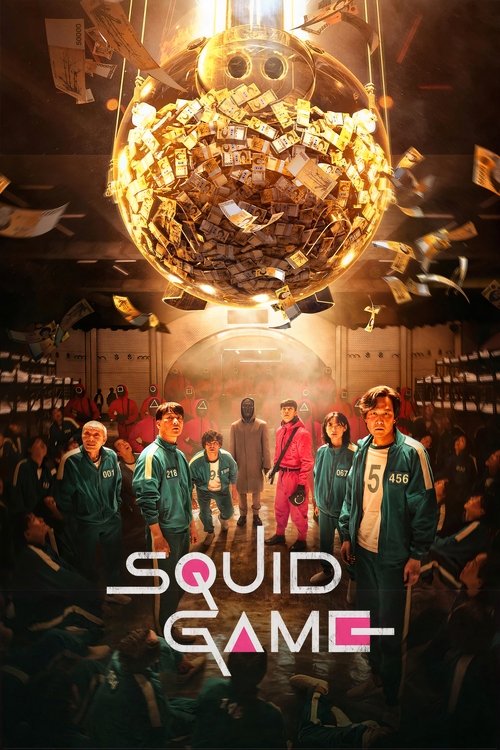
Squid Game
⭐ 7.9
Chernobyl
⭐ 8.7
The Walking Dead
⭐ 8.1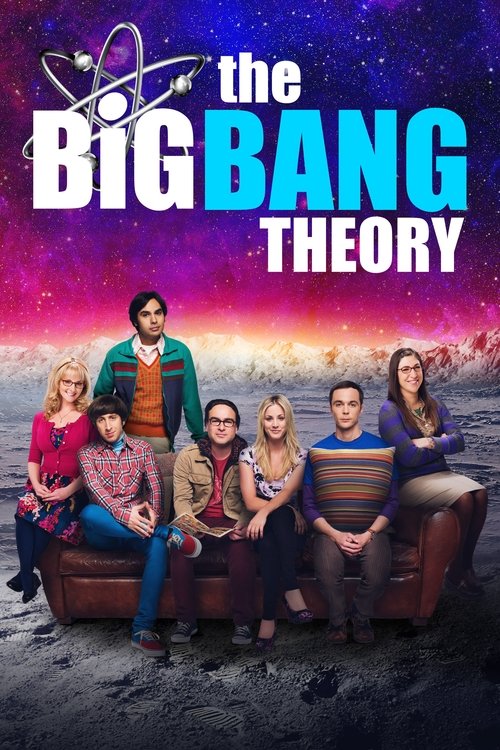
The Big Bang Theory
⭐ 7.9
WandaVision
⭐ 8.2
Star Trek: Picard
⭐ 7.3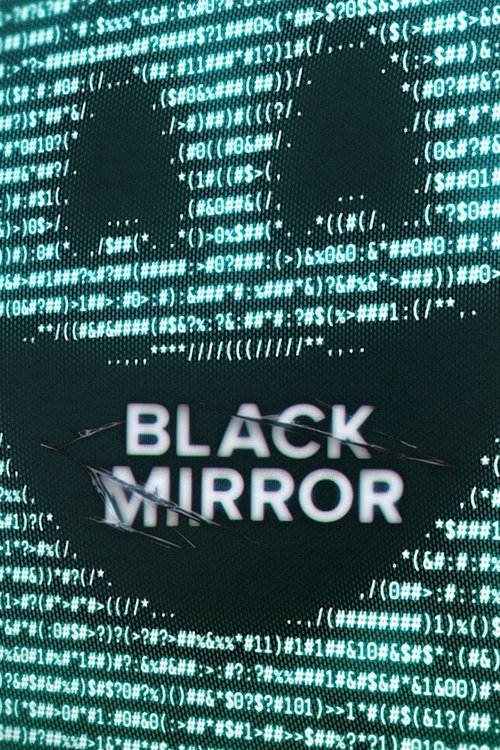
Black Mirror
⭐ 8.3
Bridgerton
⭐ 8.1
Dragon Ball Z
⭐ 8.3
Moon Knight
⭐ 7.7
The Good Doctor
⭐ 8.5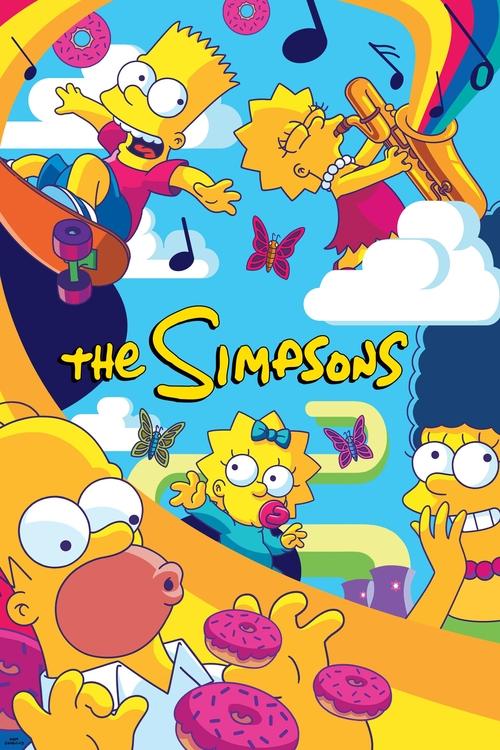
The Simpsons
⭐ 8.0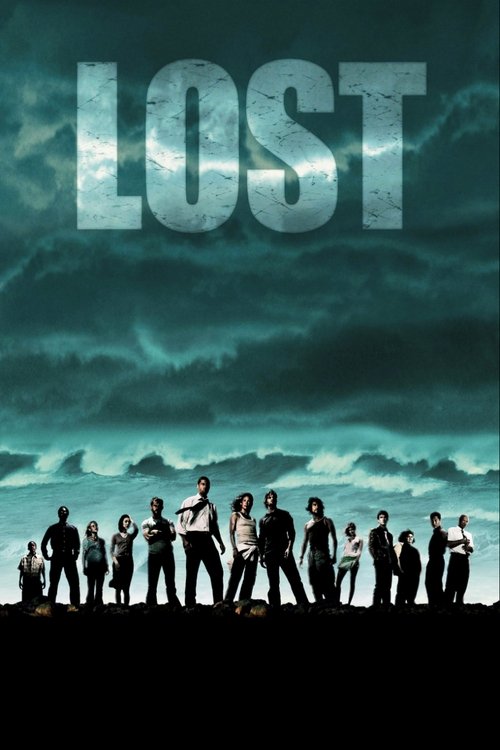
Lost
⭐ 7.9
Hellbound
⭐ 7.3
The Last of Us
⭐ 8.5